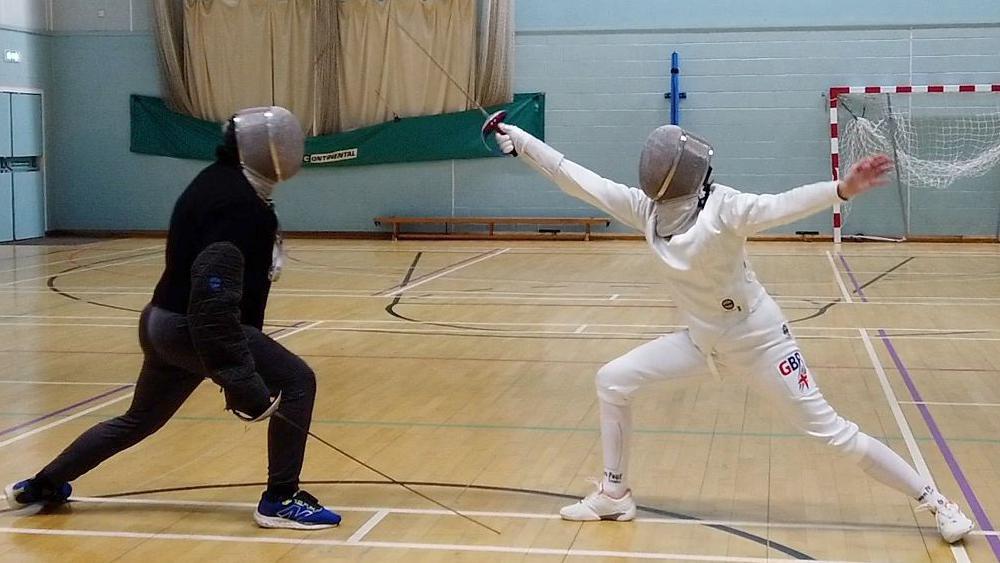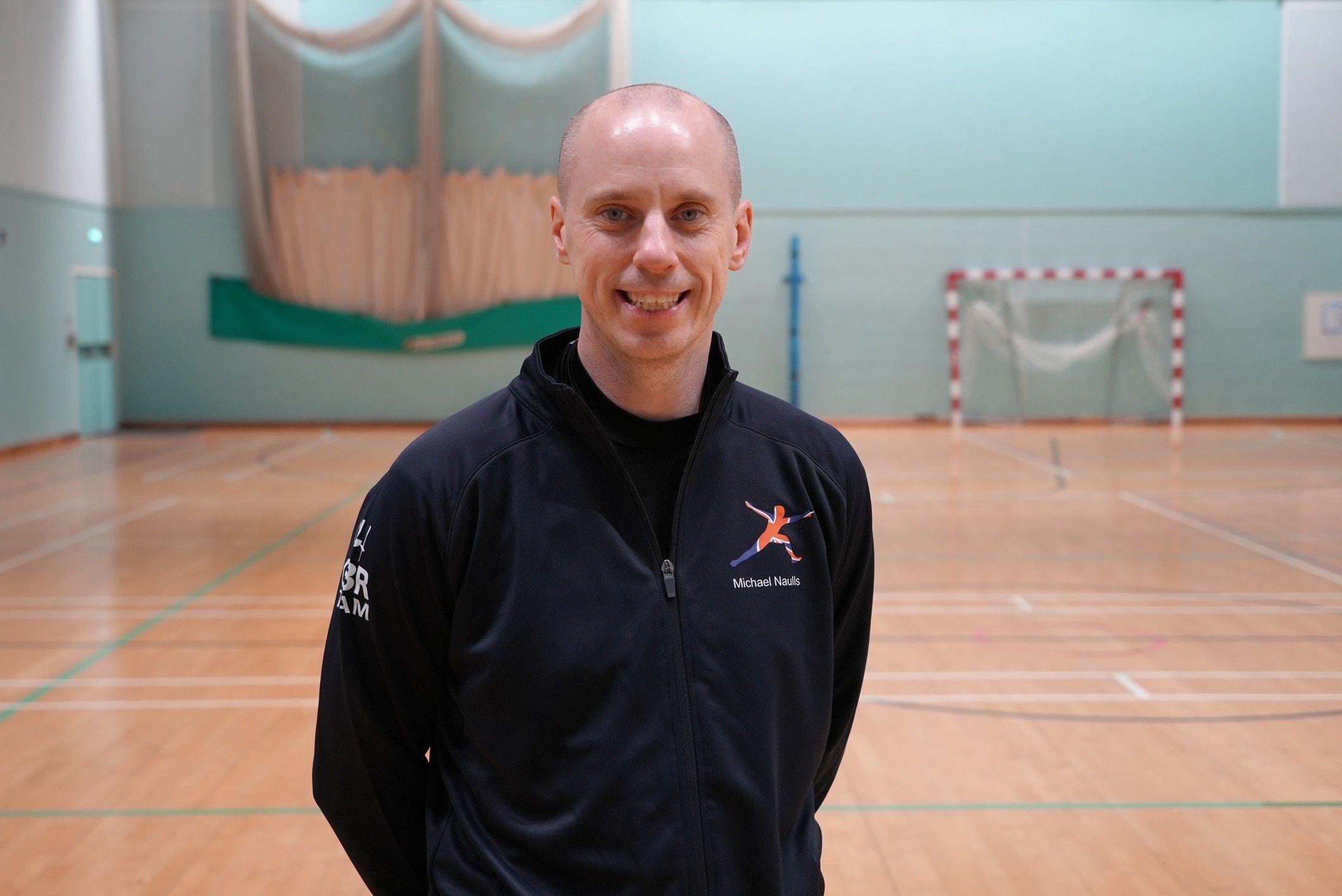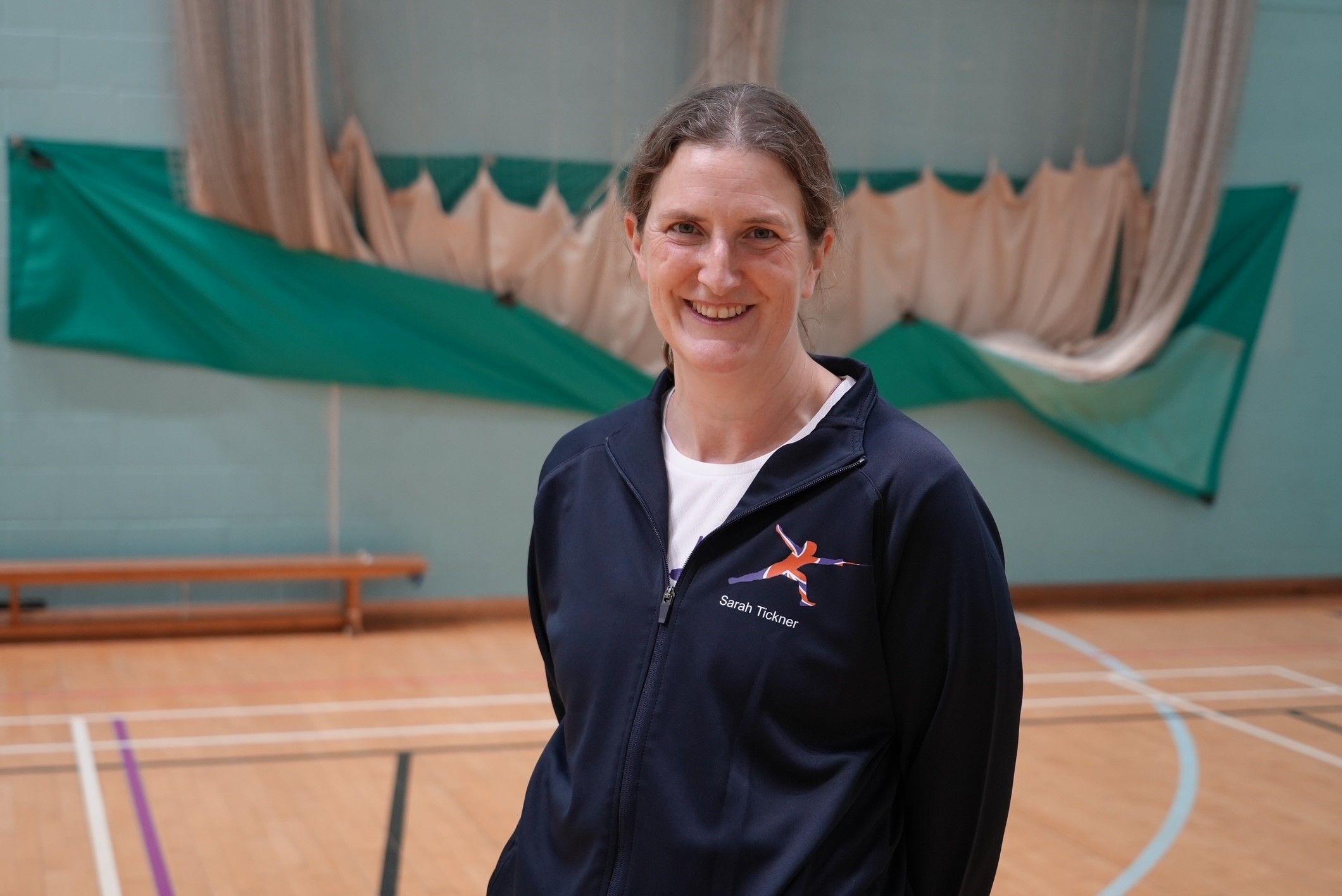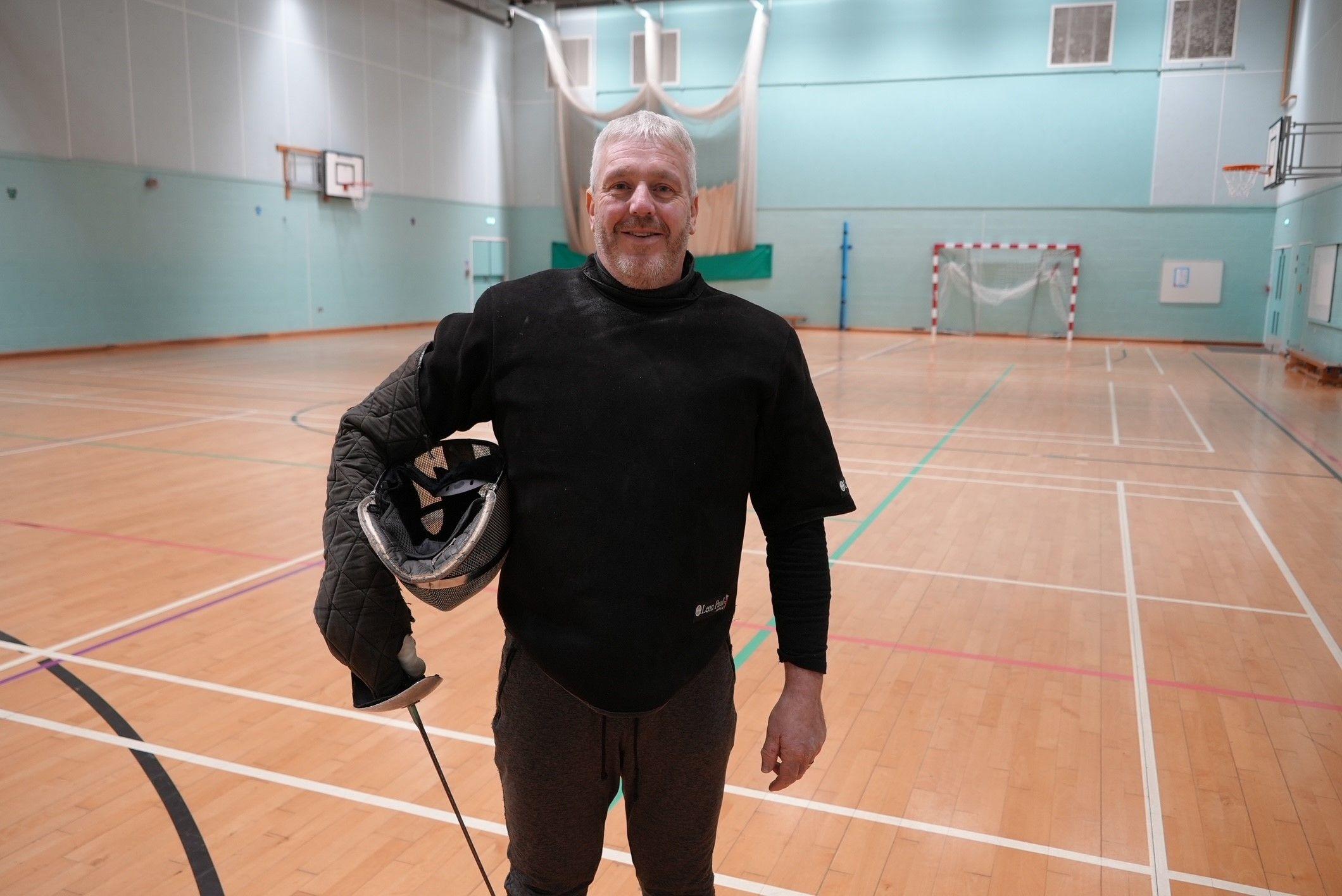Fencing’s Rise: A New Battlefield for Competition, Local Heroes, and the Collective Struggle for Recognition and Respect in Sports
As the Veteran World Championships in Bahrain approach, the spotlight shines on two fencers from the Norfolk Fencing Club, Michael Naulls and Sarah Tickner, who are set to represent Great Britain in an international arena. It’s their first time on this stage, having qualified through rigorous national events. Both athletes, while seasoned in the sport, are navigating the competitive world of fencing, which, akin to chess, demands strategic thinking, mental acuity, and swift physical action.
Fencing is a combat sport that has evolved significantly over the years. It combines physical prowess with mental strategy, resembling a high-stakes game of chess, where each move can change the course of the match in seconds. This duality of physical and mental challenge is what draws many to the sport. The idea that fencing can be likened to “chess at 100 mph,” as expressed by Naulls, highlights the unique thrill and intensity that comes with every bout. Fencers not only need to outmaneuver their opponents but also anticipate their strategies, creating a dynamic environment filled with tension and excitement.
Michael Naulls, now 41, has spent a decade honing his skills to reach this point. Competing in the foil category for men aged 40-49, he reflects on his journey with a sense of achievement. “It is an amazing opportunity, something that has taken me 10 years to achieve,” he states, underlining the long-term commitment and dedication required in sports that often remain under the radar compared to more mainstream athletic endeavors.
For Tickner, at 43, her journey into fencing began somewhat serendipitously. As the secretary of the Norfolk Fencing Club, she took up the sport primarily to demonstrate to her son that confronting nerves and overcoming fear is an integral part of competition. This personal narrative speaks volumes about the role of sports in personal development and familial support, showcasing how athletic pursuits can transcend mere competition to foster resilience and camaraderie.
Tickner’s participation in the women’s sabre category highlights not only her personal achievements but also the broader narrative of women in sports, especially in disciplines traditionally dominated by men. The sabre, known for its fast and aggressive play style, offers a vibrant spectacle for viewers and competitors alike. Tickner’s assertion that she feels like a winner just by qualifying speaks to the foundational importance of participation and personal growth over mere accolades.
The coaching staff, led by Paul Stimpson, plays a critical role in preparing these athletes for the challenges ahead. With 900 competitors from around the globe anticipated at the championship, Naulls and Tickner will face formidable opponents, many of whom have extensive international experience, including Olympians. The landscape of veteran fencing is becoming increasingly competitive and diverse, reflecting broader trends in sports where age and experience bring new dynamics to competition.
This development is significant for the sport, as it encourages older athletes to continue competing and striving for excellence. It also signals a shift in the perception of age in athletics; rather than being seen as a limitation, age can be viewed as an asset, bringing wisdom and strategic insight that younger competitors may lack. Veteran competitions like this one provide a platform for these athletes to showcase their skills and challenge stereotypes about aging in sports.
The camaraderie noted by Tickner among veteran fencers is another essential element of the sport, fostering a supportive community that values personal achievement as much as competitive success. This environment not only aids in skill development but also promotes mental health and well-being among participants, illustrating how sports can serve as a refuge and source of encouragement.
As the championship unfolds in Bahrain, the anticipation of competition will also highlight the challenges faced by lesser-known sports like fencing in gaining recognition and support. Despite its longstanding history, fencing often recedes into the background compared to more commercially viable sports. The growth of events like the World Championships signals a potential pivot point, offering opportunities for increased visibility and investment in fencing as a sport.
The athletes’ journeys showcase not only personal triumphs but also the collective struggles faced by many in niche sports. By participating at this international level, Naulls and Tickner are not only representing their club and country but are also paving the way for future generations of fencers who may similarly strive for recognition and achievement. Their commitment exemplifies the spirit of competition and the underlying narrative of resilience that is echoed across the sporting world.
As the competition begins, the eyes of the fencing community will be on Bahrain, eager to see how these local heroes fare against the backdrop of global talent. The results may be uncertain, but the significance of their participation and the impact on their lives and the lives of those they inspire is undeniably profound.

Two fencers from the same club will represent Great Britain at the Veteran World Championships in Bahrain this month.
Michael Naulls and Sarah Tickner from Norfolk Fencing Club will be competing on the international stage for the first time after earning selection through national qualifying events.
"It is an amazing opportunity, something that has taken me 10 years to achieve. It is incredible," said Naulls, 41, taking part in the foil category for men aged 40-49.
Tickner, 43, will compete in the women’s sabre. She told BBC Look East she felt she had "already won just getting there".

"It is a very competitive sport," said Naulls, from Bungay in Suffolk.
"Your opponent is trying to out-think you, mentally, physically and technically."
Asked if fencing was like chess, he replied: "It really is, except this one can be done at 100mph."
He said the sport had given him "wonderful friends" and opportunities to travel the country.
"I just hope I can fence my best. I feel ready."
Fencing: The basics
- Fencing is a combat sport where two competitors use swords of different types to attack and defend against one another
- The aim is to score points by striking your opponent
- It has been contested at every summer Olympic Games since the birth of the modern Olympic movement in 1896 in Athens
- There are three disciplines: The foil, the épée and the sabre – each uses a different kind of blade and has different rules

Tickner, from Poringland, near Norwich, who is also secretary at Norfolk Fencing Club, said she was still relatively new to the sport after taking it up "accidentally".
"I wanted to show my son that nerves are part of competition, and prove to him that you could get over them, no matter how scary it is.
"There’s a real sense of camaraderie across the whole of the veteran fencing community but also a gentle challenge in competition as well."
She said the sabre category was "very competitive" and "really entertaining" to watch.

Paul Stimpson, who coaches them both, said they would face a huge test in Bahrain.
They will be coming up against ex-internationals, Olympians and some of the best fencers in the world.
Nine hundred competitors are taking part in the competition, starting on Monday in Manama.
"Sarah is heading there with a really positive mindset. Hopefully she might come away with a medal," he said.
"He [Michael] has taken so well to the veteran scene. He’s optimistic but realistic about his chances, as the field is so competitive.
"We are immensely proud of them. They have both worked so hard. It is great for our club to have them competing on the world stage."
Follow Norfolk news on BBC Sounds, Facebook, Instagram and X.
More on this story
Related internet links
